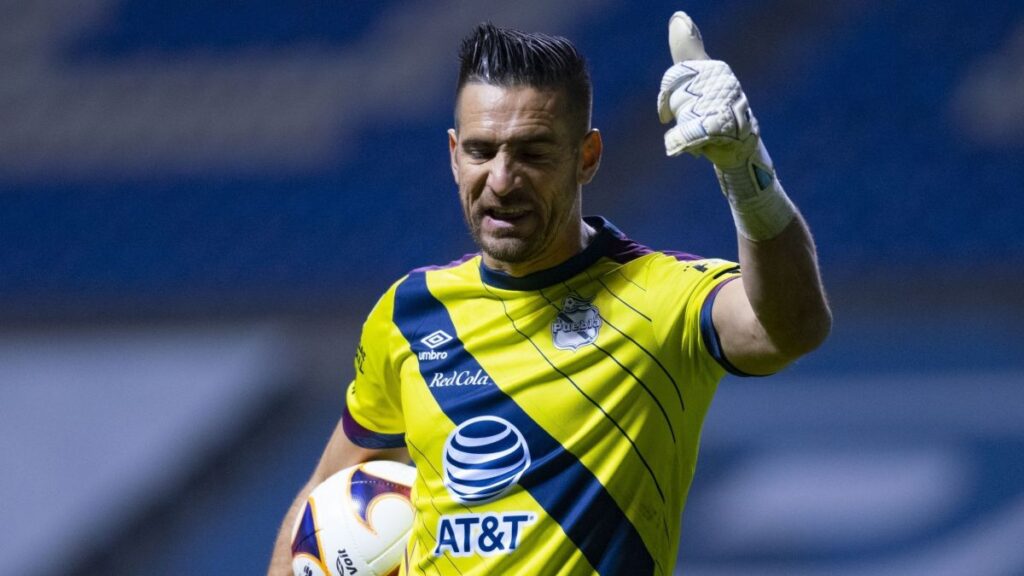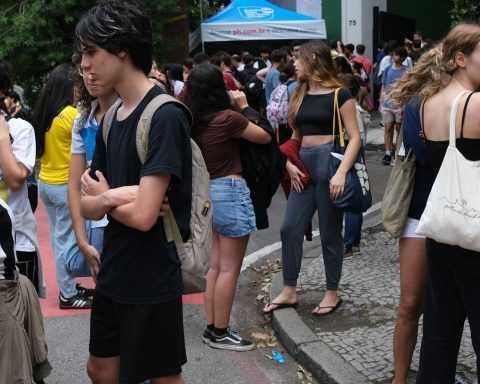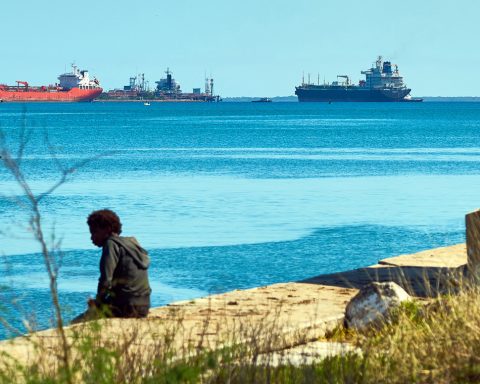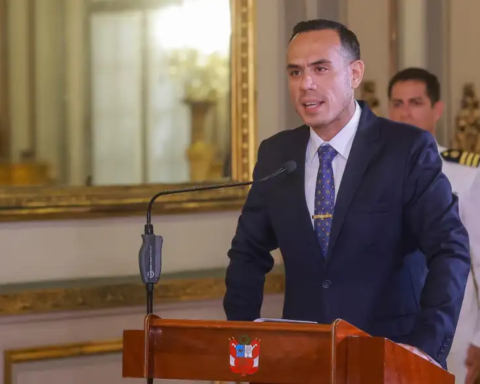NATO Secretary General Jens Stoltenberg assured this Friday that the alliance will not have aircraft operating in Ukraine, thus closing the door to the creation of a no-fly zone in that country, something that the Ukrainian government had requested.
“The allies agreed that we should not have aircraft over Ukraine’s airspace, nor NATO troops [Organización del Tratado del Atlántico Norte] on the territory of Ukraine,” Stoltenberg said at the end of an urgent meeting of foreign ministers of the transatlantic organization.
In Stoltenberg’s view, “the only way to implement a no-fly zone in Ukraine” is by sending in NATO fighter jets, which would have to shoot down Russian planes operating in Ukraine.
“We think that if we do that, we will end up having something that can become a total war in Europe, engulfing many other countries and causing much more human suffering,” he said.
For that reason, NATO allies made the “painful decision” to strengthen sanctions and support for Ukraine, but “without directly involving NATO forces in the conflict in Ukraine, either on its territory or in its airspace.”
The Western military alliance took this position despite dramatic calls by the Ukrainian authorities for a no-fly zone to be implemented to protect the population from Russian fighter attacks.
In a message on Twitter, Ukrainian Foreign Minister Dmytro Kuleba called on Western countries “not to allow [Vladimir] Putin turns Ukraine into Syria.”
“We are ready to fight. We will continue to fight but we need allies to help us with concrete, decisive and rapid actions,” he said.
Stoltenberg admitted that the immediate prospects in Ukraine are worrying.
“In the coming days we will see things get worse, with more deaths, more suffering and more destruction, as Russian forces bring in heavy weapons and continue their attacks across the country,” he said.
Regarding the role of the Western alliance, Stoltenberg said he will continue to “do what is necessary to protect every inch of NATO territory. NATO is a defensive alliance.”
Stoltenberg received the US Secretary of State, Antony Blinken, on Friday before an emergency meeting in which the head of European Union (EU) diplomacy, Josep Borrell, and the foreign ministers of Finland and Sweden, two associated countries, also participated. .
Arriving at that meeting, Luxembourg’s influential foreign minister, Jean Asselborn, warned that NATO must help its partner countries, but that getting fully involved in the conflict in Ukraine would be a “catastrophe.”











